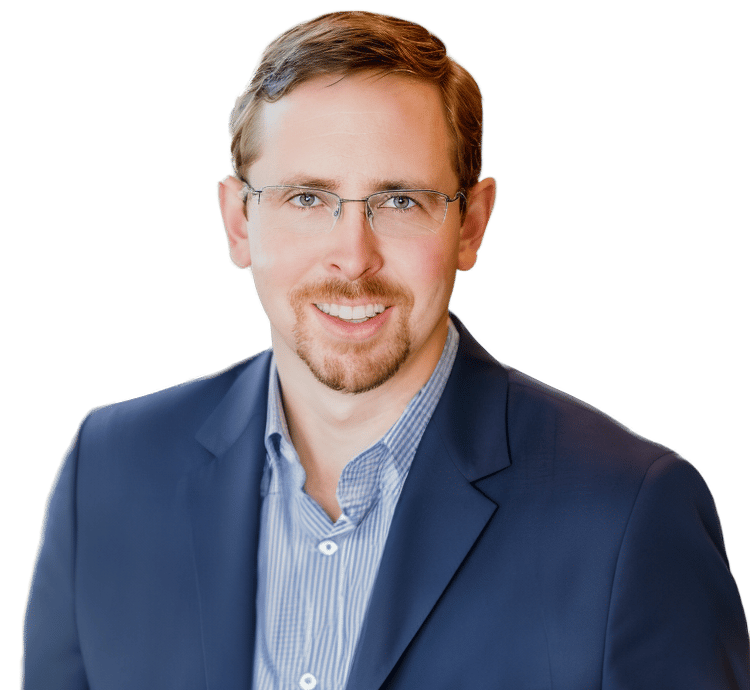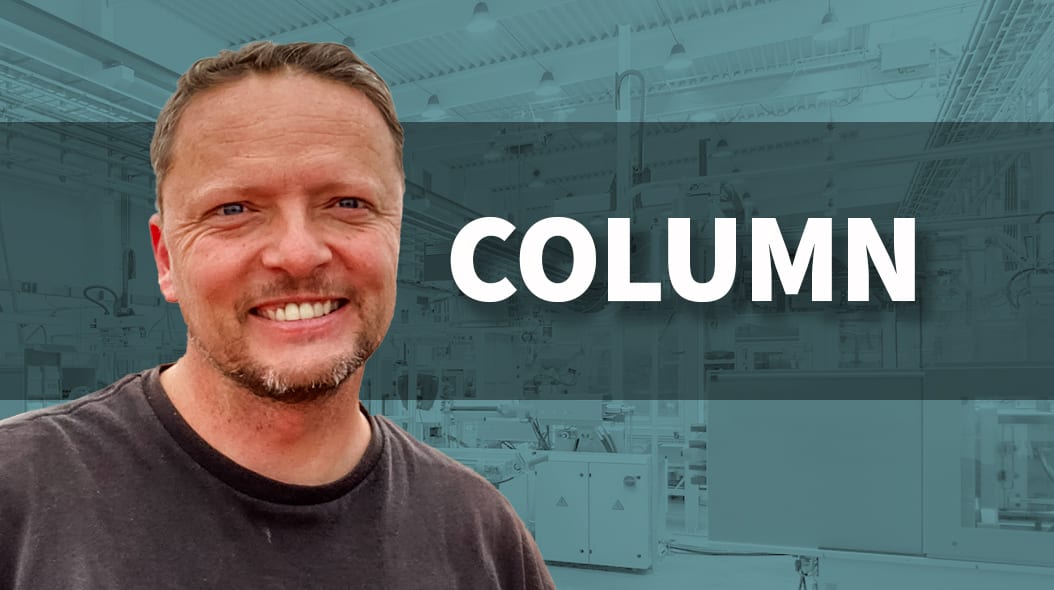Speaking of Quality
W. Frazier Pruitt
Speaking of Quality | W. Frazier Pruitt
Like any good quality tool, a structured approach to attracting, retaining, and developing NextGen leaders can profoundly impact the quality profession.
NextGen: Attracting, Retaining, and Developing the Next Generation in Quality

Organizations that rely on quality professionals face the challenge of attracting, retaining, and developing the next generation. While this challenge is not unique, a well-executed effort can provide a competitive advantage for some organizations and be essential for the future survival of others. How can this be achieved? Initiatives within ASQ (American Society for Quality) may offer insights. Like many peers, I joined ASQ for certification but stayed engaged, unlike many who miss out on the strategic career benefits that benefit both individuals and organizations. The NextGen Global Advocacy Committee aims to understand and address this gap with a three-part framework: attracting by understanding, engaging through continuous growth, and preparing for leadership. By first understanding and then taking action, ASQ and other industry organizations can meet young professionals’ evolving needs, ensuring competitive advantage and survival.
NextGen professionals, defined as those under 40 or with less than four years of quality experience, include Millennials and Gen Z. Research shows that these digital natives value inclusivity, networking, rapid advancement, global perspectives, and technology integration (Hansen). Recognizing these preferences is crucial for an effective strategy.
Creating early awareness is vital for attracting the next generation, as 50% of Millennials and Gen Z are unaware of professional organizations (Naylor). ASQ’s member units highlight the value of certification, emphasizing outreach programs that plant seeds for future engagement. Imagine the early advantage a student may gain if they have an awareness of certification and a supportive community to start, rather than just scrambling to get a leg up on the competitive market with certifications after graduation—this scenario underscores the need for strategic outreach in higher education and before.
Social media is essential for reaching younger audiences, with NextGen professionals highly active on ever-evolving social networks. Staying current with platforms and engagement norms is necessary to communicate effectively with digital natives. Similarly, diversity and inclusion initiatives are key, as younger generations highly value these aspects. By understanding where to find them, addressing their needs, and fostering an inclusive environment, organizations can attract a wider range of young professionals.
Attracting new members is just the beginning; NextGen professionals are mobile and apt to change employers or organizations (Hansen). Sections and divisions are uniquely suited to engage members locally, while virtual events break geographical barriers, fostering global interaction. Networking is crucial for 55% of NextGen respondents (Hansen), highlighting its role in building community and professional support.
ASQ’s commitment to continuous learning is a cornerstone, offering extensive resources to keep professionals current. Mentorship is another key need of NextGen. ASQ’s mentorship program significantly improves skills and career progression, yet 87% of NextGen respondents (not specific to ASQ) don’t have a mentor (The Wiley Network). Continuous learning opportunities, such as training and certifications, are vital for long-term success. ASQ members can pursue internationally accredited qualifications, enhancing their professional status and opening new career prospects. I have taken advantage of these opportunities in my career, and since 64% of NextGen professionals say they would do the same (Hansen), let’s continue and improve on them to ensure everyone has every opportunity.
Continuous learning opportunities are vital for long-term success.
Leadership is where my story diverged from others, fostering increased rather than declining engagement. From my experiences, along with others’ anecdotes and research, effective leadership training is essential for engagement and development. Providing young professionals with ownership and responsibility fosters involvement and commitment. This approach has strengthened my bond with ASQ and led to my contribution to initiatives like NextGen. Training programs for leadership roles create a pipeline of future leaders. Assigning specific tasks rather than entire roles is an effective start. Tools such as the MyASQ Volunteer Hub (check it out) can significantly enhance engagement and development when strategically deployed.
Involving young professionals in decision-making benefits both individuals and organizations. Early involvement helps them think strategically, develop skills across disciplines, and grow as leaders. This involvement is self-reinforcing, helping NextGen professionals get the best networking, mentorship, global engagement, and leadership development opportunities, which will, in turn, improve systems and processes to support this growth. As described earlier, younger generations value inclusivity, global presence, and rapid advancement, which can naturally result from involving NextGens. Volunteer-led organizations like ASQ can meet these needs like none other, offering a flexible and supportive environment for growth to empower generations to come.
Quality professionals, being attuned to risk and sustainability, are particularly concerned about future generations and their impact. Like any good quality tool, a structured approach to attracting, retaining, and developing NextGen leaders can profoundly impact the quality profession. These elements have significantly impacted me, and with the Global Advisory Committee, I plan to help develop this framework further. We do not have all the answers nor operate in a vacuum. We need help from everyone as the Committee tests innovative ideas and consolidates results from others, ensuring best practices are shared and implemented across the organization and beyond. This collaborative effort will drive the quality profession forward, one engaged member at a time. To learn more about NextGen and explore engagement opportunities, visit MyASQ: https://my.asq.org/communities/community-home?CommunityKey=2e04d83b-fb03-43c3-8e95-87e0899e4cd4.
Citations:
- Max Hansen, “NextGen Survey Analysis”
- The Wiley Network, “How to Expand Your Value Proposition for Younger Members”
- Naylor, “Association Communications Benchmarking Survey Handshake Network Trends Insights”

